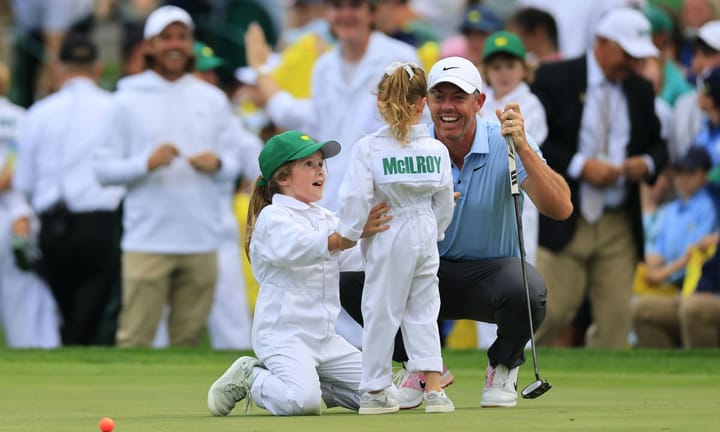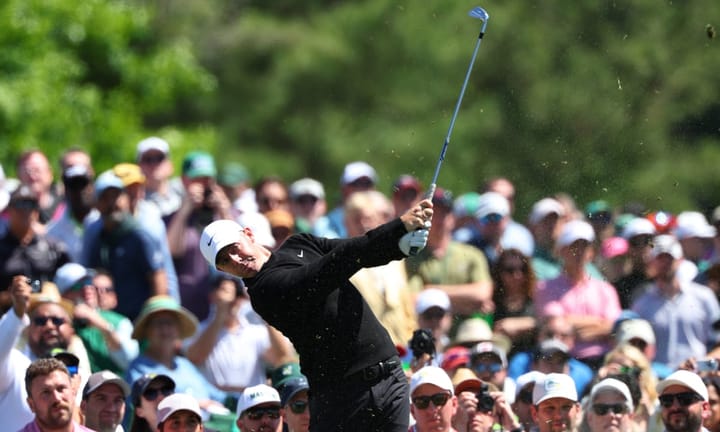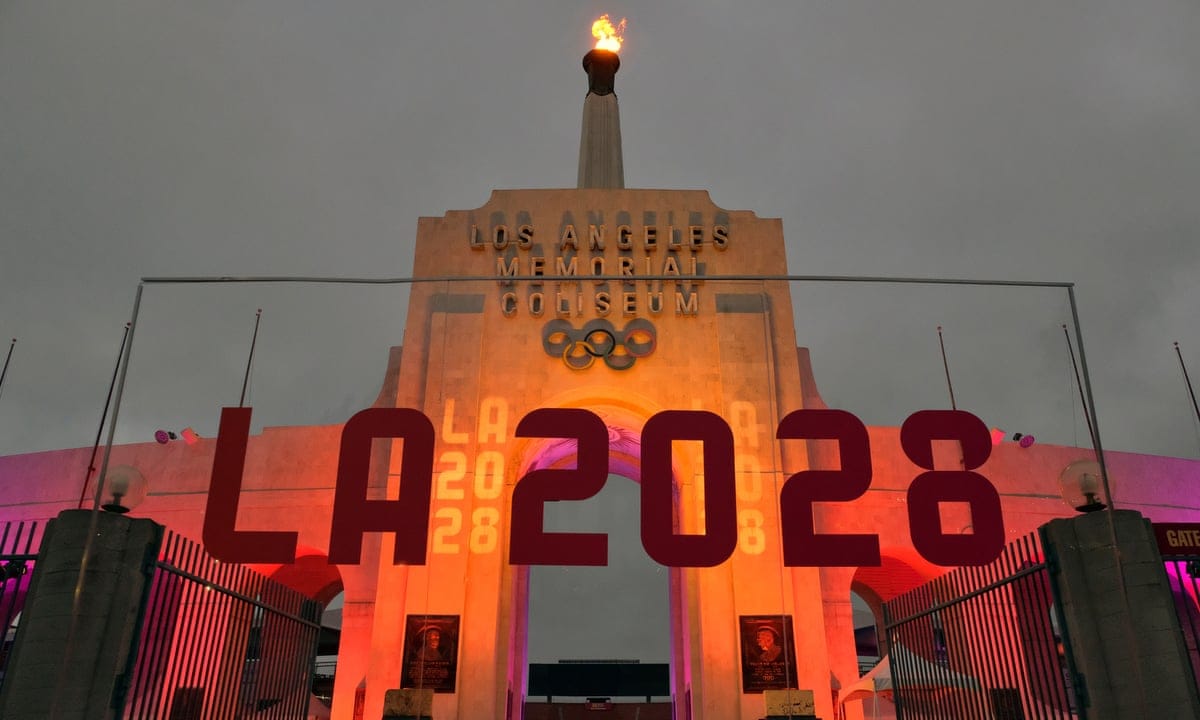The World Anti-Doping Agency (WADA) is set to bring forth the United States Anti-Doping Agency (USADA) before an Independent Compliance Review Committee next month, a significant development with potential ramifications for future Olympic hosting cities like Los Angeles in 2028 and Salt Lake City in 2 Administering.
This move is attributed to a disagreement between WADA and USADA concerning the treatment of a situation involving Chinese swimmers who tested positive for a banned substance in 2021, during a training camp. It represents an unprecedented step as it would be the first instance wherein WADA has brought forth USADA before this specific review body, signaling considerable consequences given the global influence of American sports events.
For countries aspiring to participate in or organize international sporting competitions, adherence to anti-doping regulations is mandatory. Thus, a decision against the U.S. could lead to its exclusion from both hosting and participation duties for upcoming Olympic Games.
This development follows an escalating dispute initiated in April when 23 Chinese athletes tested positive for trimethobenzamide - a heart medication prohibited by anti-doping guidelines, during the Tokyo Olympics of that year. WADA acknowledged these cases and attributed them to contaminant exposure from hotel food sources, not publicizing this information at the time.
USADA's executive director Travis Tygart has criticized WADA for what he perceives as a concealment of their approach towards handling the case. In response to these allegations, American authorities have now begun investigating the matter and may consider taking action under the Rodchenkov Anti-Doping Act, which allows prosecution for violation of anti-doping rules.
World Aquatics has disclosed that its executive director Brent Nowicki was subpoenaed by U.S authorities last week in connection with an investigation into how these Chinese swimmers escaped punishment following their positive tests. The Rodchenkov Anti-Doping Act, named after whistleblower Grigory Rodchenkov and enacted in 2020, extends the jurisdiction of U.S law enforcement to international sports competitions involving American athletes or linked financially with the U.S.
WADA's head Witold Banka criticized what he sees as a unilateral approach by the US toward anti-doping regulations, arguing it could destabilize global anti-doping efforts. In contrast, USADA refutes these allegations and suggests that WADA may be acting defensively rather than transparently in response to calls for answers regarding the Chinese swimmers' case.
An independent probe led by a Swiss prosecutor earlier this month found no evidence of mishandling or bias on part of WADA, while an audit conducted by World Aquatics deemed there was neither mismanagement nor cover-up from the governing body.
Read next

Poppy McIlroy Emulates Father's Skill on Putts at Augusta National
Rory McIlroy's four-year-old daughter, Poppy, made a challenging putt in the Family Day Tournament ahead of the 89th Masters.
The Northern Irish golfer described this moment with his child as "quite enjoyable". “It’s just such an entertaining afternoon,” McIlroy commented while enjoying time out on

McIlroy asserts embracing 'heartache' from Masters could benefit his chase for victory in Augusta
Rory McIlroy believes embracing the "heartbreak" from his sporadic journey for Masters triumph could be crucial to securing another Green Jacket. His latest endeavor towards a career major achievement commences on Thursday at Augusta National.
McIlroy is reminded that nearly 11 years have elapsed since he last clinched

Lando Norris Supports FIA Action Against Red Bull's 'Tea Tray' Technological Advantage
Lando Norris has welcomed the FIA's response to a potentially illegal device found on his world championship rival Max Verstappen’s Red Bull vehicle, following concerns it might contravene regulations for performance enhancement during races when adjustments between qualifying and actual events are prohibited.
As he gears up

